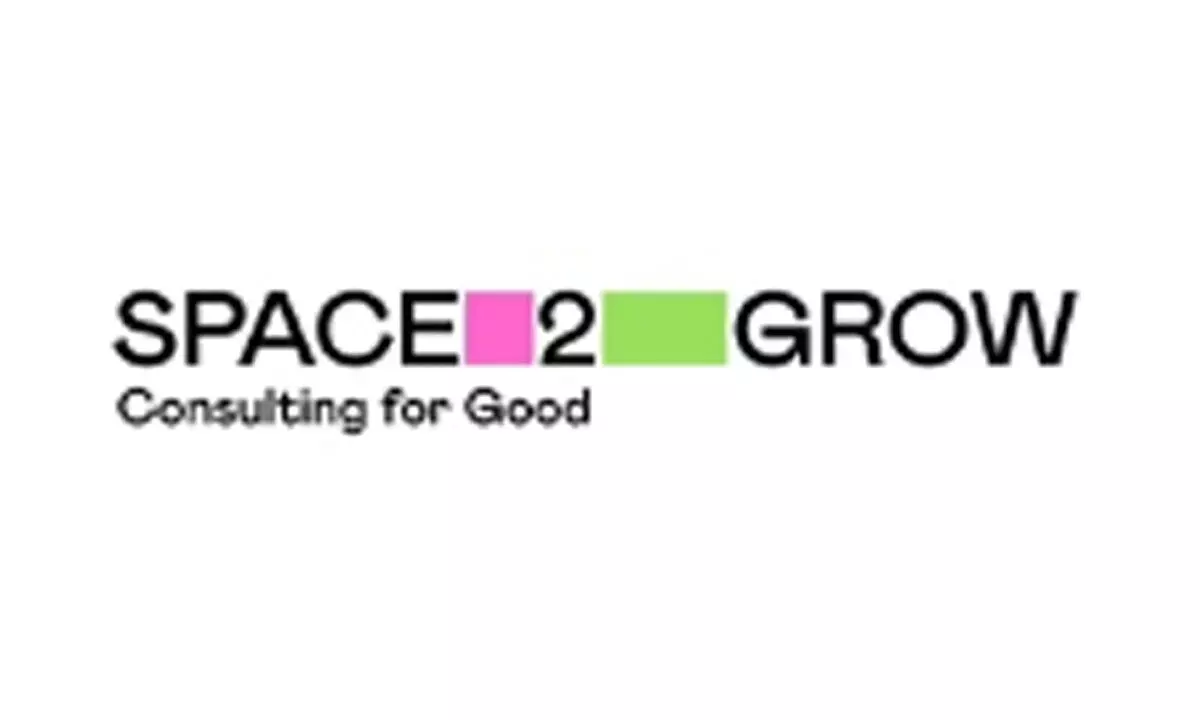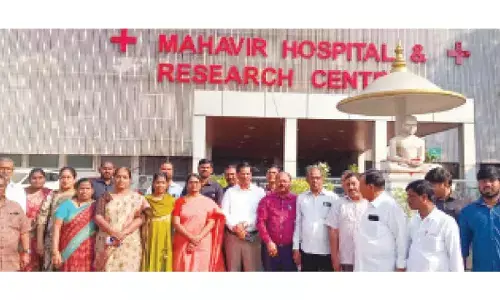Space2Grow Unveils Report on Children's Digital Safety: A Call for Safer Online Spaces

Space 2 Grow has developed the ‘URBKAP’ framework, which offers a structured approach to assess the digital safety of children by employing a vulnerability versus protection matrix.
Space2Grow, a human-first social impact consulting firm has released a report titled "Digital Safety of Children: Creating Safe Online Spaces," which provides critical insights into the online safety environment for children. The study used a comprehensive methodology encompassing both qualitative and quantitative research methods, involving focus group discussions, and in-depth interviews with over 700 children and over 100 parents to gather valuable insight. In-depth interviews were conducted with other critical stakeholders, including teachers, law enforcement/government officials, judiciary, industry experts, mental health professionals, academicians, and journalists. The study underscores the urgent need for enhanced digital safety measures and awareness among children, parents, educators, and law enforcement.
The study reveals that 79% of the children primarily use the internet for entertainment followed by 69% for messaging, and for social media 64%. However, online learning ranks 7th, with only 33% of children using the internet for educational purposes. This very clearly highlights the gaps in access to learning online, whereas access to the internet and platforms across children in rural/urban and there is gender neutrality in this access.
The study also found that 92% of children access social media, 43% access gaming platforms, and 24% use Edtech platforms. Alarmingly, 46% of children joined social media and 58% joined gaming platforms as preteens, despite age restrictions. Influence from friends, peers, and siblings plays a significant role in these decisions.
The study further highlights several digital risks, including grooming, stalking, bullying, phishing, and identity theft. Gaming platforms have the highest incidence of abuse at 54%, followed by social media at 38% and Edtech platforms at 26%. Despite these risks, only 30% of children exhibit awareness of online safety, and a significant knowledge gap exists among parents and teachers, with 65% of parents and 74% of teachers unaware of digital safety measures. Additionally, 80% of urban parents are unaware of the minimum age requirements for various games.
The study points to a lack of trust in reporting mechanisms, with 79% of children preferring self-intervention in case of digital risks. However, 67% of preteens and 53% of teens prefer to share digital risks with parents rather than siblings and friends. Parental practices show that 60% of parents restrict their children's internet usage, but only 3% employ enabling techniques such as offering advice. Furthermore, 33% of urban and 35% of rural parents do not use measures to regulate their children's internet usage. Law enforcement and reporting practices are also a concern, with only 9% of children formally reporting digitally risky experiences. Many parents and schools refrain from reporting incidents due to fear of social stigma.
Commenting on the study, Chitra Iyer, Co-founder and CEO, Space2Grow said, "In light of this research findings and the discussions on the DPDP ACT 2023 and the DPDP Rules 2025, it's crucial to remember that 79% of children share their digital risks and harms with peers and prefer not to speak to parents, and there is a significant lack of awareness among both parents and children about these risks. This understanding is essential to facilitate a process that supports parents in providing verifiable parental consent and for children to be able to have safe spaces for conversations. During a recent consultation with parents, there was a clear request for the government to list certified platforms, ensuring that the platforms for which consent is given are trustworthy. This reflects a growing demand from parents for shared responsibility in online safety, with both platforms and governments taking greater accountability for the safety of children online."
These findings underscore the urgent need for comprehensive digital safety education and robust reporting mechanisms to protect children from online risks. The study also calls for increased awareness among parents, educators, and children to create a safer digital environment for the younger generation. As part of the study, Space 2 Grow has developed the ‘URBKAP’ framework, which offers a structured approach to assess the digital safety of children by employing a vulnerability versus protection matrix. This framework aims to empower policymakers and stakeholders to identify risks, address knowledge gaps, and make informed decisions regarding policies and interventions aimed at safeguarding children in the digital landscape.











